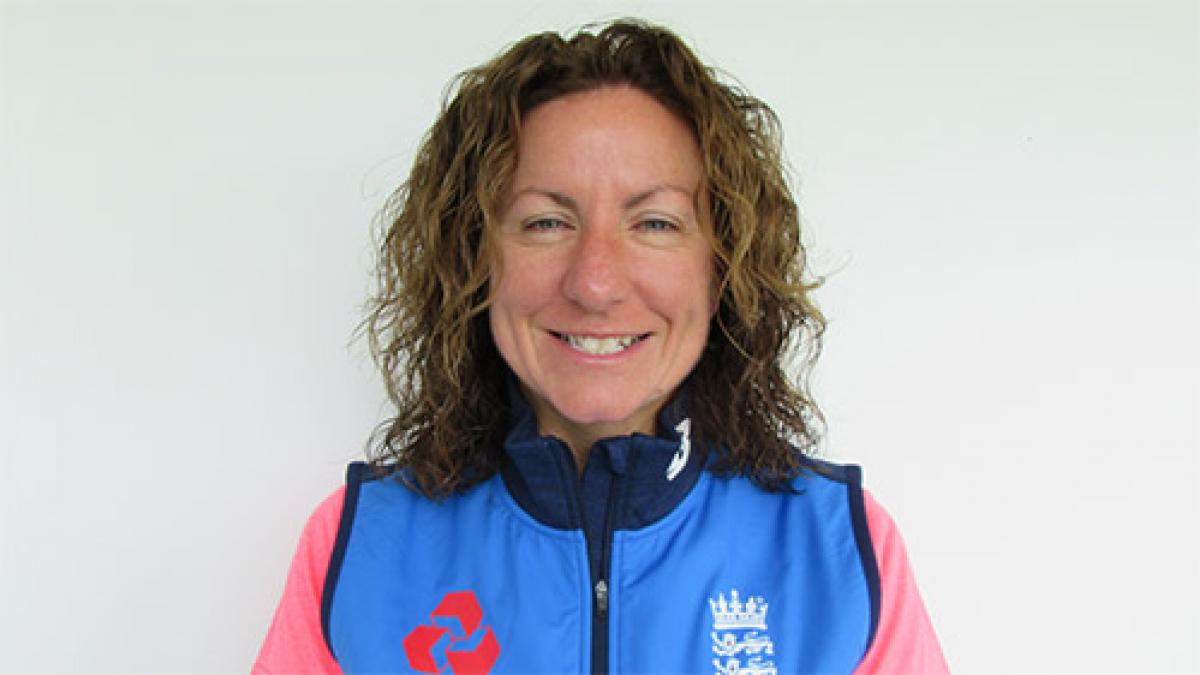Senior physiotherapist Susan Dale is preparing England players to compete in the 2017 Women's Cricket World Cup, which begins in Bristol on 24 June.

Any hopes for the World Cup?
I hope I can hand over the girls injury-free and fit for selection. Once the competition starts anything can happen and we will aim to go as far as possible in the tournament. If lots of people come to watch the matches it should be a memorable summer.
Does women's cricket attract enough media attention?
The attention has increased massively in the past couple of years with our last two home series being fully televised on Sky Sports. With a home World Cup this summer the interest will continue to grow. It is a great platform to show women's cricket off to the next generation of young girls playing sport.
Describe a typical working day
I run every day, which keeps my body and mind healthy. When I get to work I check the girls' daily monitoring scores. This can influence training and indicate how they are feeling (such as muscle soreness and mood). We use a system set up by our analyst, Chris Sykes, and our strength and conditioning coach Ian Durrant uses it to track workloads.
I assess and treat any injured players and report to the head coach to discuss training modifications. Treatments usually involve manual therapy, massage and exercise sessions. I work closely with Ian to ensure that the strength and fitness work is appropriate for each individual, especially when they are managing injuries.
Once we're on tour, days can be long and I need to be able to react quickly to injury and illness. I am on call 24-hours-a-day so could have to deal with illness in the middle of the night. Training sessions on tour can last up to three hours and then gym sessions will be included in the schedule to fit in with cricket.
I am at every training session and will then work in the evenings treating players and writing notes. I also work on any university assignments that are due as I am currently completing an MSc in sports physiotherapy at the University of Bath. Although I work hard, every day is different and it's an exciting environment to work in.
How did you get into elite sport?
After I qualified from Teesside University in 2007, I volunteered at my local non-league football club and that led to some work with Durham County Cricket Club. I used to do as much sport work as I could and got some great experience in a variety of sports including netball, rugby, basketball and boxing. I made sure to get qualified in acupuncture, massage and trauma management as these important skills are used regularly in elite sport.
I had some really good mentors along the way and eventually took up a role with the English Institute of Sport with GB water polo. When Olympic funding was cut I moved to work with the England Women's Cricket team. It's been a great experience so far and I would love to continue to work in elite sport over the next few years.
Any tips on following your lead?
Gain as much experience as you can in a variety of different sports and situations. Learn as much as you can from others you work with and never be afraid to ask questions. Don't underestimate the importance of skills such as communication, empathy and caring for your players as people.
How will you relax afterwards? There is always the next competition to focus on. For the England girls it's the Kia Super league and then on to the Women's Ashes in Australia, which start on 22 October. However, I'm sure I'll be able to put my feet up for a few days. fl
Susan Dale is the senior women's squad physiotherapist, England Women's Cricket
Author
Frontline and Susan DaleNumber of subscribers: 2




































